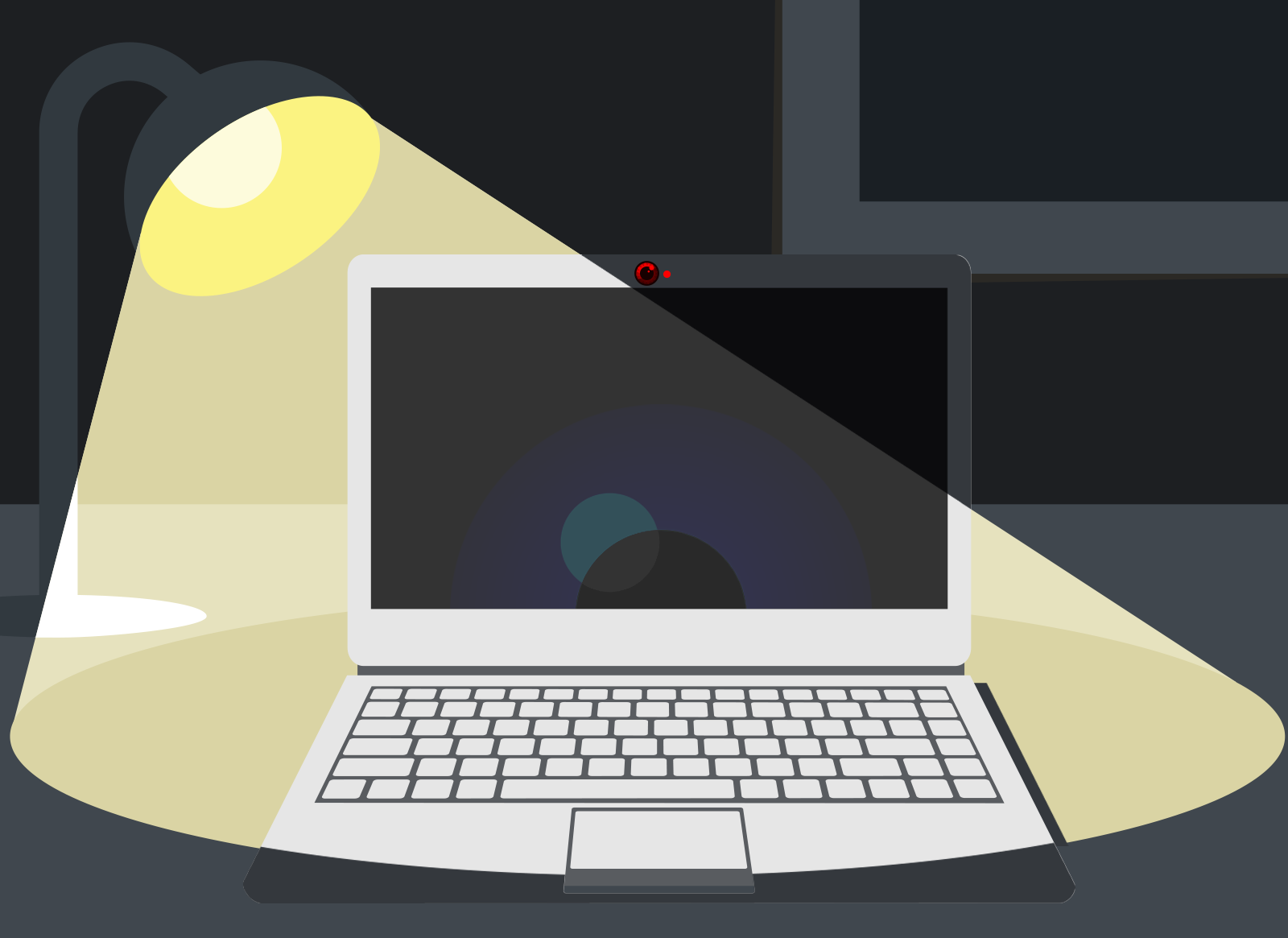If you're like most people, you probably don't like the idea of being watched at all times. But we often forget about our tech devices. With technology today, it's all too easy for our devices to turn creepy, almost stalker-like.
Today, marketing and online communications are all about customization and personalization. Ever notice how you can be looking at a particular product and suddenly, ads for that same or similar products start popping up everywhere you look? Or if you're talking with a friend about any random subject and you later see ads and articles about the same subject?
This can add convenience, but it is also unsettling. What companies know about you could be more detailed than what even your closest friends and family know. And those companies are just one data breach away from leaking all of that info for the world to see. So what can you do?

Review your privacy settings
Start with reviewing the privacy settings on your devices. Whether it's your phone, laptop, desktop, or tablet, get to know your device's privacy settings. Some important settings to review include:
- Location Tracking - Personalizes recommendations and search results based on your location, but also tells search engines and apps where you are and where you've been.
- Email Tracking - Lets people know if you opened their message or not, used most commonly by companies when sending out flyers and deals/specials.
- Voice Recordings - This is a big one. This essentially turns your device(s) into a "hot mic" at all times. These recordings are often kept indefinitely if you don't manually request their deletion.
- Purchase History/Coupon Apps - Tracks your purchases and spending habits. Often used to push ads.
Opt out from cookies and block ads
On most websites, you'll usually see a pop-up the first time you visit asking you to accept cookies. There is usually a second button allowing you to customize your settings. Use this second button and turn off everything possible for each site. This prevent the website itself from tracking what you do while on it, but you'll be able to prevent any third-parties from eavesdropping on you.
Also, consider using browser ad blockers, such as uBlock Origin, or JavaScript blockers, such Ghostery, to limit ad tracking. Also known as content blockers, these software programs prevent ads from showing on websites you visit. You can find ad blockers for Chrome, Firefox, Opera, Safari, and Internet Explorer. Alternatively, browsers such as Brave have this functionality built-in making it less headache to get started.
Check your permissions
Watch the permissions you give apps on your mobile devices. We have already talked about checking device settings, but you can also limit the permissions you give to apps. Blocking permissions for apps tends to be a game of compromise as you typically end up trading features for privacy. both iOS and Android have options for individual apps within the settings menu.
For most Android devices, go to Settings -> Apps and select the individual app you'd like to change, then tap "permissions" to change them. For iOS, go to Settings then scroll all the way to the bottom to see your installed apps and the settings for them.
Limit information you put out
Social media has created a culture of oversharing. There are probably a lot of things you've seen about friends online that you don't really need to, or would rather not know. It should come as no surprise, you're also sharing more than you need to with the companies that you interact with online. Companies purchase large swaths of information from major social media companies for the express purpose of marketing to people. The less you put online, the less of your life is available to be sold back to you.
You'll also want to limit non-social media info as well. For example: If you're filling out a form for a download, fill out only the required fields. When you add an app, be selective with your personal details including things like phone numbers and email addresses. Think about it from a zero-trust/need-to-know perspective. That's not to say you need to go out and buy a burner phone, but things like a "junk" email account are easy to create and use for things which require an email address but don't need to be personally linked to you.
Keep your life yours
A lot of people, when approached with the issue of digital privacy, tend to brush it off saying "I don't care what they know about me". However, when shown the extent of information that is gathered, people often reverse course. If you'd prefer to be in control over what tech companies and advertisers know about you, use these steps to help lock your information down.